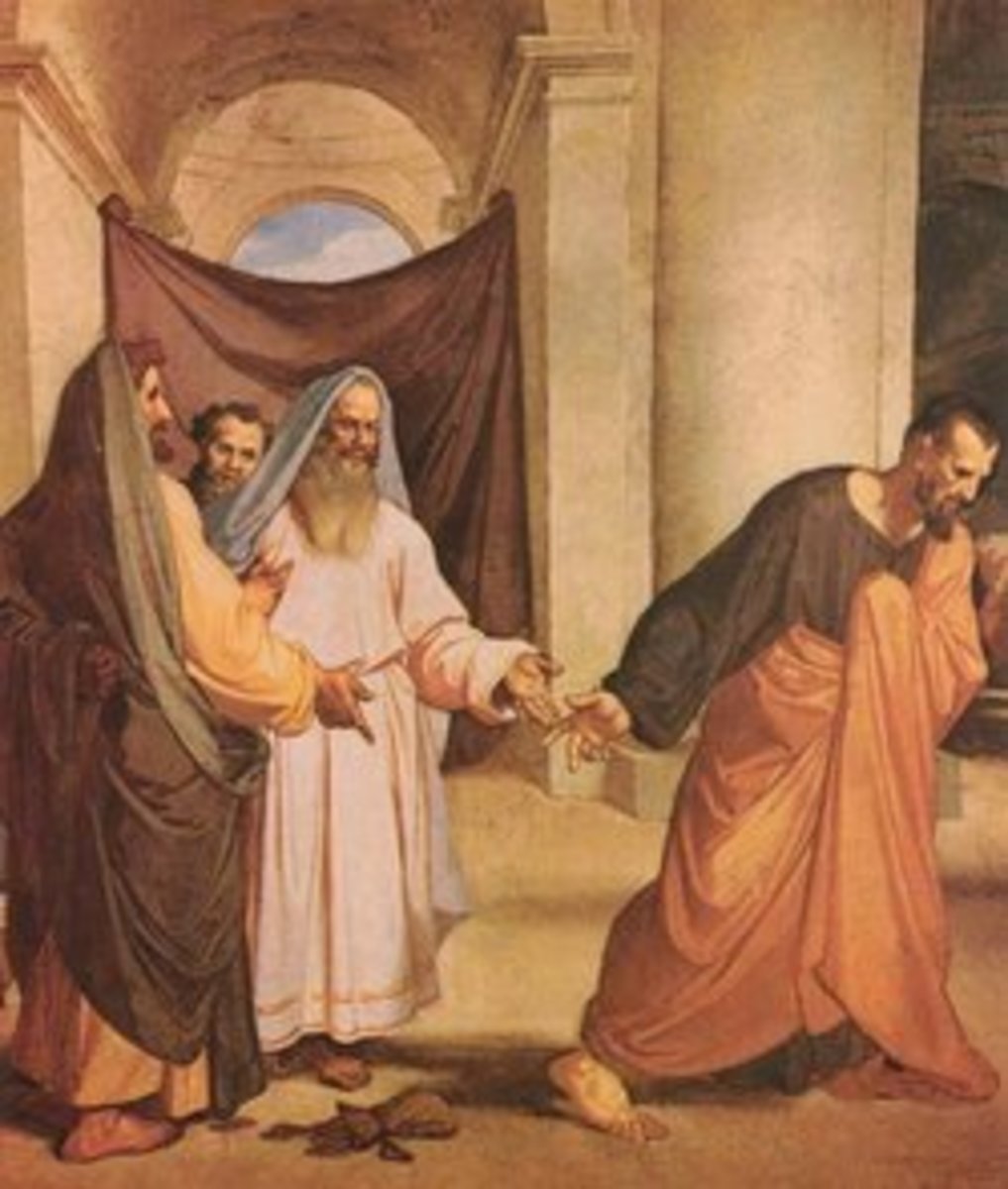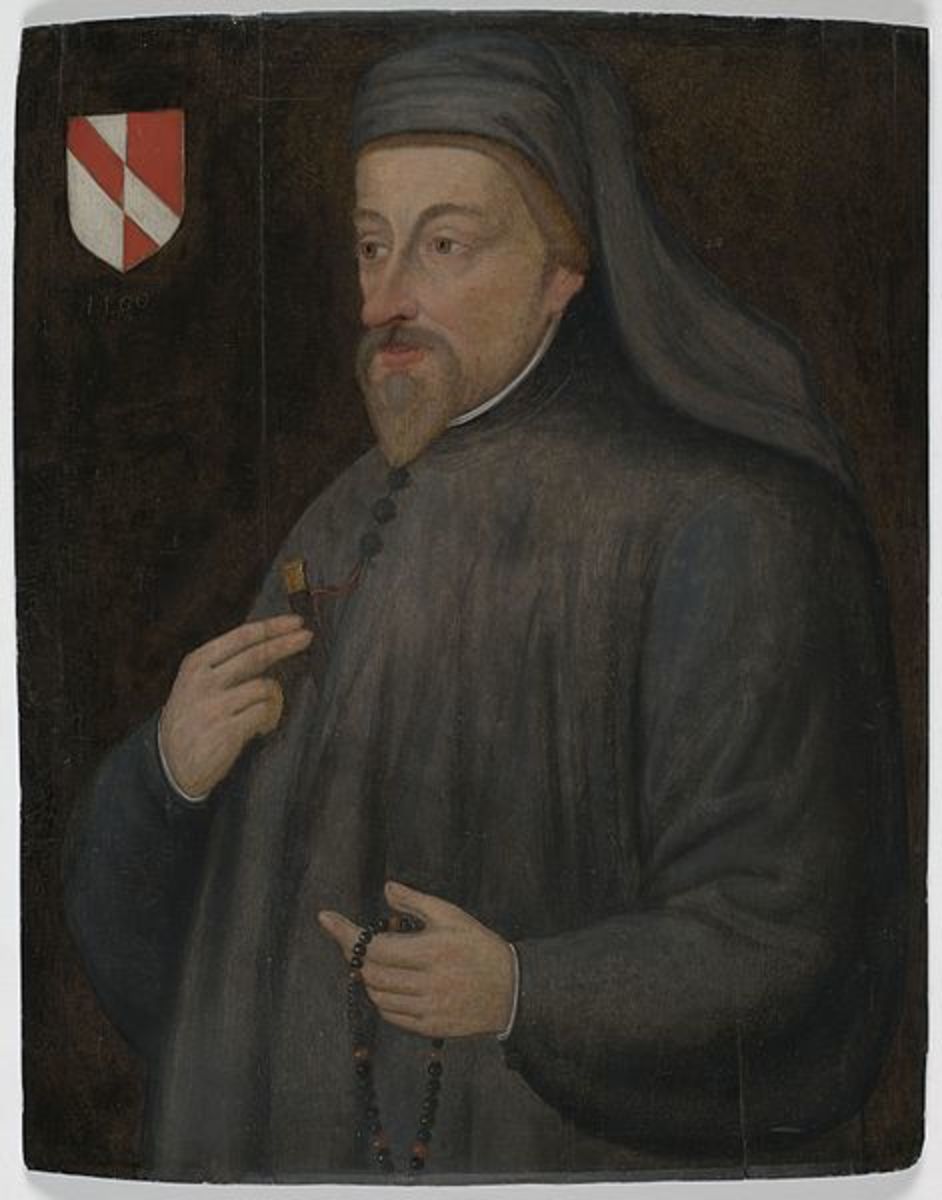Who King Arthur Really Was?
Probably the most widely know and popular character in Medieval literature, and maybe even of all eras, is King Arthur. Although the story of this ruler has been retold in nearly all forms and languages and literatures, little is actually known about him. There are many theories of who Arthur really was; below are only a couple examples
King Uther Pendragon
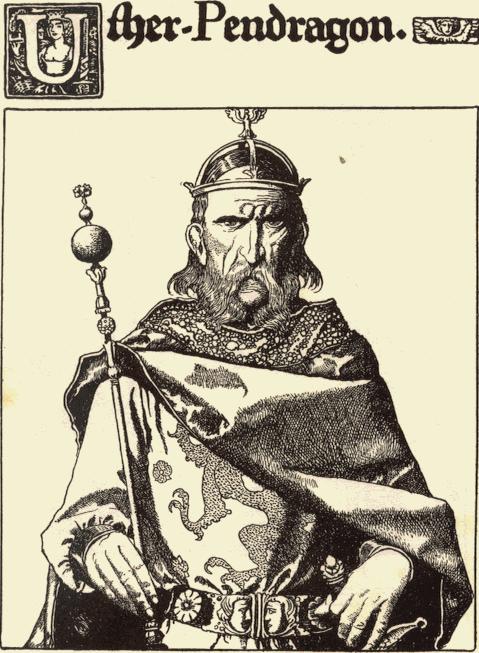
Breton King
According to Geoffrey of Monmouth King Arthur was a Breton (native British) king. This is probably the most widely accepted theory since all the names that appear in the different stories and in the genealogy tree he set up match perfectly. Geoffrey said that Arthur was the heir and son of King Uther Pendragon and he was also the nephew of King Ambrosius. His grandfather was Conan Meriadoc, who was a descendant of the nephew of King Eudaf Hen, and who came to England from France to found his dynasty in the early fifth century.
Riothamus is the King
Geoffrey Ashe too thinks of Arthur as a real historical king. According to his theory, he was king Riothamus, who fought in France, and was betrayed by the French there. After that he disappeared from history, and since that nothing is known about him. Some historians argue that he was exiled, but later returned to the civil wars torn country claiming his inheritance. While he tried to fight off Germanic invaders, he was killed. The main problem with this theory is that it happened fifty years earlier than the time that is most widely accepted.
Dumnonia
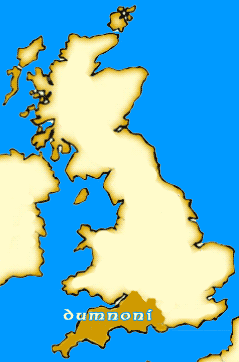
Dumnonian King
The Welsh also claim Arthur as a great king, but they mostly base it on ancient works. They say that he actually was the grandson of Constantine. During the time periods Arthur supposedly reigned there were three kings. The first on was Constantine’s son Erbin, his grandson, Gereint and his great-grandson, Cado. At the same time Arthur never wanted the throne of Dumnonia. Because of other reasons too this theory is very unlikely to be the reality.
Pennines
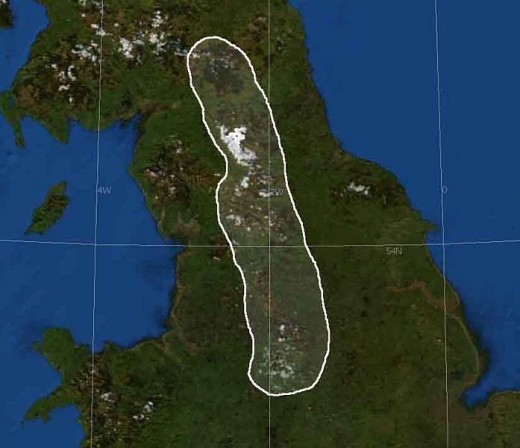
Dalriada (Dál Riata)
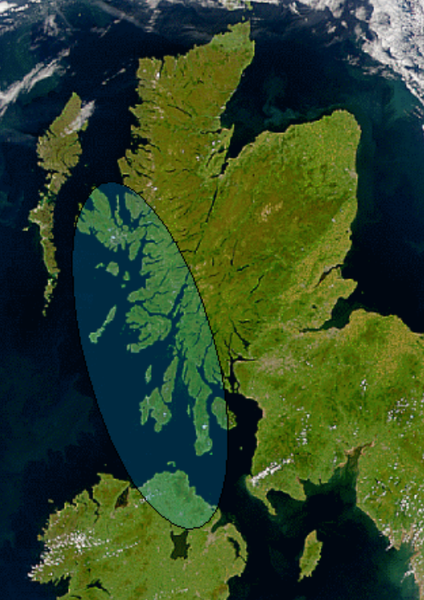
Pennine King
There actually really lived a king named Arthur in Northern Brittain, but he too was before the supposed time of the legendary Arthur. This king was related to Coel Hen, and had a kingdom in the Pennenines. Many stories associated him with the mythical king.
Scottish King
Although taken almost directly from the Irish, the Scots also have their King Arthur. In 550 a prince named Artur was born, who was the heir and son of King Aidan who ruled over Dalriada. David F. Carroll, who was the creator of this theory, said that this man ruled his kingdom, Manau Gododdin, from a city in Stirlingshire, called Camelon resembling the name of the place where the mythical Arthur lived and kept the knights of the Round Table.
King Athrwys
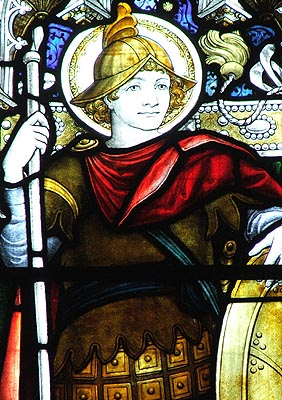
Roman King
It also has been suggested that Arthur actually was the son of a Roman general, namely Lucius Artorius Castus, who was stationed in Brittain together with his legions during the Roman invasion of the island. A lineage between the two is very unlikely.
Glamorgan King
Baram Blacket and Alan Wilson came up with an interesting idea too. They said that the legendary Arthur was actually a mixture or blend of two kings, Anwn and Athrwys. Anwn, also known as Arthun and as Dynod, was a British king who conquered Greece and of whom not much is known besides that and that he was the son of Magnus Maximus. Athrwys is a little better known today than his British contemporary. He, also called as Arthwys, was the king of Glywyssing and Gwent. As a result of his other name, Antonius Gregorius, he is, probably wrongfully, he is thought to be the king of Greece too by many. The case was the in reality he ruled “only” the most of South Wales. He lived in South East Wales, near the area of Caerleon, the legendary home of the mythical Arthur. His father, they argue, was King Meurig, also called as Uther Pendragon, referring to his excellent strategic abilities in battles.
ARTHUR AS GENERAL
There is another speculation of the real being of Arthur. This speculation states that Arthur was “no more” than a brilliant commander, which indeed is a very popular and powerful speculation. Some historians say that he could have been the chief commander of the cavalry, both light and heavy, and that he used his soldiers to defend his home country, Britain, and to fight off outside invaders, mostly the Roman legions. He might have been the military leader, because of a common agreement between the many kings of Britain of the time. Another logical explanation of who he actually was is that, although he was the chief commander fighting for the kings of Britain of the time, he himself might have been a king.
Historia Brittonum
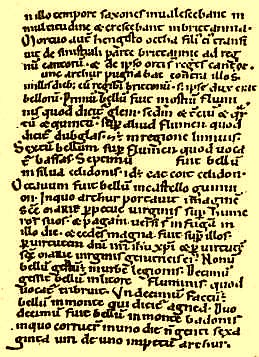
There are a couple of important writers and sources on which historians base a lot of their work. Probably the most important of these early sources is written by a ninth century monk called and reffered to as Nennius. His works, including especially the Historia Brittonum, still remains useful even today. In this work of his, Nennius tells of twelve of the many battles in which Arthur fought. Although he tells us the exact location and time of each of these battles, it is very hard, and for some it is even impossible to find them, partly because of the names having changed so much, and partly because a lot of these places does not exist any more and so there are many theories of what could these places be and where could these battles have taken place. There are some of those twelve places, however, that we can figure out the location of, and from these few we can see that Arthur fought and traveled all over the country from Scotland up in the north, down all the way to southern Wales and Wessex. In other words Arthur had been fighting everywhere, and as many historians suppose had won many great victories. This he achieved by the type of warfare he used. Knowing both that neither the Saxons, nor the Romans, Britain’s greatest enemies, were not used to the very mobile cavalry, and that he would not be able to carry out a whole battle with the enemy, because that enemy had so much more soldiers and weapons. He therefore used this guerilla type of warfare against the invading Romans and the Saxons. Besides him being a great strategic planner and commander Arthur was probably, even though many times over exagerrated, he probably was a pretty good fighter and warrior himself too. These two qualities resulted in having great victories. One example of this is the battle of Badon Hill. It is not certain where, when, and how this battle took place. Even the fact is uncertain of whether Arthur really fought in that articular battle or not, but since it is told by Nennius, we can assume that Arthur had a part in this battle.
CONCLUSION
There are many theories of who the legendary king Arthur really was, but, unfortunately, we have no means of proving any of them and support them by mere, proven facts.






